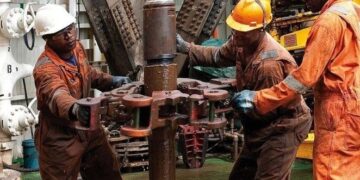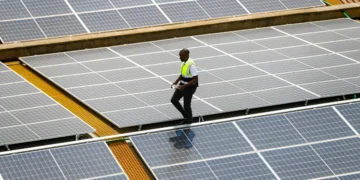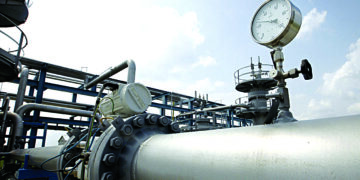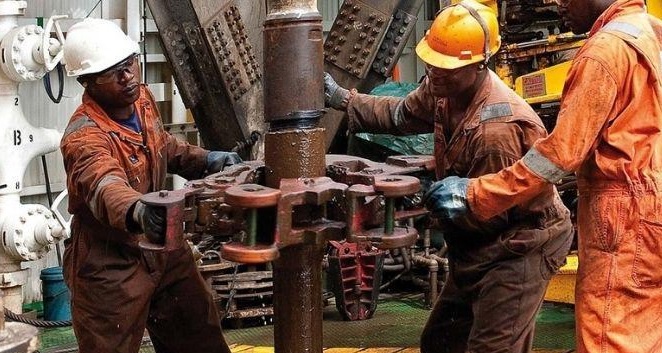By Ebi Kesiena
Nigeria has lost crude oil worth an estimated N8.41 trillion to theft and metering gaps between 2021 and July 2025, according to fresh figures from the Nigerian Upstream Petroleum Regulatory Commission (NUPRC).
Although the regulator has hailed recent progress in cutting daily losses to their lowest point in almost 16 years, industry experts warn that the cumulative toll remains crippling, laying bare persistent governance lapses in the oil and gas sector.
NUPRC data revealed that Nigeria lost 37.6 million barrels of crude in 2021, 20.9 million barrels in 2022, 4.3 million barrels in 2023, 4.1 million barrels in 2024, and 2.04 million barrels between January and July 2025.
Based on Statista’s average Brent crude prices, these volumes translate into staggering sums: $2.66bn in 2021 (37.6m barrels at $70.86), $2.11bn in 2022 (20.9m barrels at $100.93), $355.7m in 2023 (4.3m barrels at $82.49), $330.3m in 2024 (4.1m barrels at $80.56), and $146.5m in January–July 2025 (2.04m barrels at $71.79).
Altogether, this amounts to $5.61bn, or N8.41tn at the prevailing exchange rate of around N1,500 to the dollar. The sum is equivalent to building 56,074 primary health centres (at N150m each), funding 129,401 classroom blocks (at N65m each), or constructing 10,191 kilometres of roads (at N825m per kilometre).
By comparison, the Federal Government earmarked just N1tn for 468 road projects in the 2025 budget, barely one-eighth of the value of oil drained in less than five years. The lost revenue also overshadows the entire N2.48tn health allocation and is almost three times the N3.52tn education vote for 2025.
Expert concerns
Industry watchers say the scale of these past losses underlines how much development has been foregone. United States, based oil and gas consultant Chukwuma Atuanya noted that while cutting losses to 2.04 million barrels in the first seven months of 2025 reflects progress, Nigeria still falls short of its production goals.
“The country still needs an additional 400,000 bpd to reach the 2 million bpd target by December 2025. Losses of 9,600 bpd are still significant,” he said. Atuanya credited improvements to intensified military operations, metering upgrades, unmanned surveillance systems, and community involvement. Yet, he warned that theft continues to sap foreign exchange earnings, undermine budgets, weaken the naira, and scare away investors.
“Oil theft causes massive revenue losses and budget underperformance. It fuels currency devaluation and economic instability. It also discourages investment, since uncertainty over actual export volumes undermines confidence,” he explained.
He also noted the environmental and social costs. “Pipeline vandalism and illegal refining cause severe environmental degradation, increase poverty, displace communities, and worsen insecurity in the Niger Delta,” he said.
Atuanya argued that zero theft is unattainable but could be reduced to “tolerable levels” through stricter penalties, prosecution of complicit officials, and deeper host community involvement.
While regulators celebrated progress, not everyone is convinced. Professor Dayo Ayoade, an energy law scholar at the University of Lagos, questioned the accuracy of NUPRC’s figures, citing weak metering and reporting systems.“It may well be 2.04 million barrels; it may be double that. We simply do not know,” he said.
Ayoade stressed that theft largely occurs in onshore and shallow-water assets, not deep offshore, making accurate measurement even more complex.
He accused security agencies of failing to hold perpetrators accountable. “Security forces burn illegal refineries but fail to arrest and prosecute the masterminds. There is nobody in jail for these crimes, despite trillions lost, this points to systemic complicity,” he said.




































